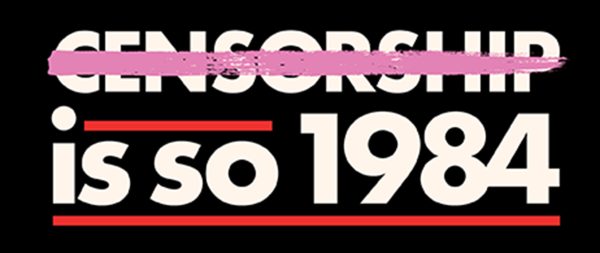
Banned books are books that get challenged or banned due to a variety of reasons such as their religious, sexual, violent, queer voices, and/or political aspects. When a book gets challenged, it is often due to the reasons previously listed, only they have restricted access, meaning, for example, that you must have a parent/guardian signature to access it. Books that are banned are books that are not allowed in school due to the aspects previously listed. Pierce College librarians don’t support the banning of books. They want students to have access to all information. In an interview with Kari Whitney, an associate adjunct faculty librarian and instructor, she says, “If you look at our banned book library guide, you’ll see that there are a variety of reasons for [the bans], including claims of inappropriate sexual depictions, illegal drug use and political ideology.
The American Librarian Association (ALA) is a nonprofit organization, and the oldest library organization in the world. On June 25, 1953, the congress said, “We trust the people of this nation to make their own decisions about what they read and believe. 70 years later, we still trust them to make their own decisions.”
Their Freedom to Read Statement reads as follows, “The freedom to read is essential to our democracy. It is continuously under attack. Private groups and public authorities in various parts of the country are working to remove or limit access to reading materials, to censor content in schools, to label “controversial” views, to distribute lists of “objectionable” books or authors, and to purge libraries. These actions apparently rise from a view that our national tradition of free expression is no longer valid; that censorship and suppression are needed to counter threats to safety or national security, as well as to avoid the subversion of politics and the corruption of morals. We, as individuals devoted to reading and as librarians and publishers responsible for disseminating ideas, wish to assert the public interest in the preservation of the freedom to read.”
Banning books affects marginalized groups by silencing their voices, erasing their stories, and perpetuating stigma, leading to negative mental health effects. Washington takes steps to prevent book bans such as passing legislations that limit schools’ ability to remove or restrict access to books based on their content. Banning books is unconstitutional.
Banned books are also considered a form of censorship because they are considered inappropriate in k-12 schools. There are many downsides to banned/challenged books such as loss of information, loss of knowledge, hindering learning Books that have been banned in other places are on display in the campus library and available to be checked out. This collection includes books that have been banned for many reasons, such as distressing words and/or actions, sex, violence, queer voices, political stances and/or
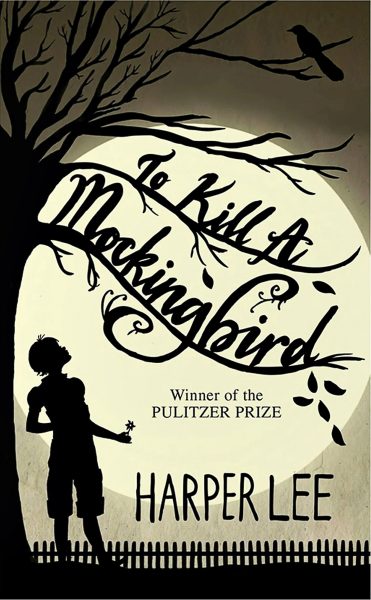
School administrators such as, principals, assistant principals, superintendents, and deans might say some subjects should not be read because people need to be protected from upsetting topics. But by not including these books as part of their k-12 curriculum, schools become a part of something called the null-curriculum. Null curriculum is when students learn based on the absence of information. For example, if students don’t critically examine the use of sexist language in a book, they may begin using this harmful language. Supporters of free expression say banning books that contain topics like bigotry, violence, different political views or faith, can limit people’s ability to critically think and find new and diverse opinions.
When a book is banned by a governmental institution it can be a form of authoritarian censorship, with the goal of limiting the freedom of information. We don’t currently have any federally banned books within the United States; however, each state has local book bans, with Texas and Florida having the most. Other states that have higher book bans include Missouri, Utah and South Carolina.
“Book bans are specific to locations. There are no national book bans in the United States,” Whitney says, “Pierce College believes free access to information is essential to education (and a system of democracy). We stand by the freedom to read statement. We work hard to provide books representing myriad pointing including ones that are unpopular.”
They have more information on their website libguides.pierce.ctc.edu. According to the American Library Association (ALA), there were 1,247 censorship attempts in 2023 with 4,240 titles being challenged that same year. Some of the banned books include All Boys Aren’t Blue by George M. Johnson, Gender Queer: A memoir by Maia Kobabe for, The Bluest Eye by Toni Morrison, The Perks of Being a Wallflower by Stephen Chbosky, Tricks by Ellen Hopkins, Looking For Alaska by John Green, Me and Earl and the Dying Girl by Jesse Andrews, Crank by Ellen Hopkins, Sold by Patricia McCormick, Flamer by Mike Curato. These books are banned due to one or more of the following reasons listed above.
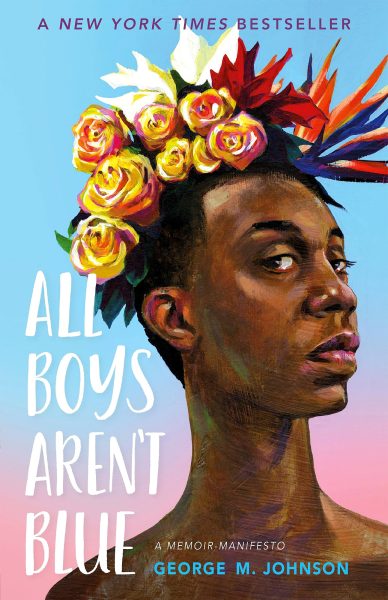
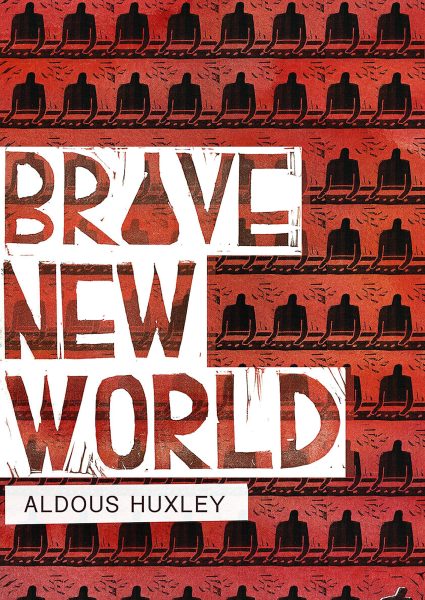
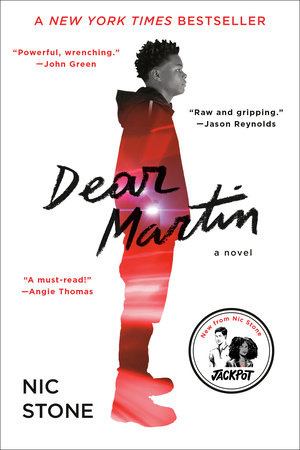
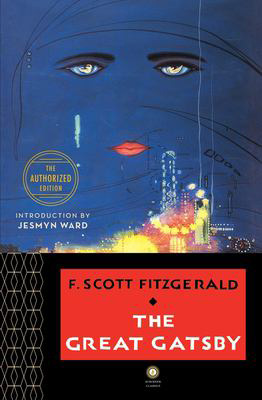
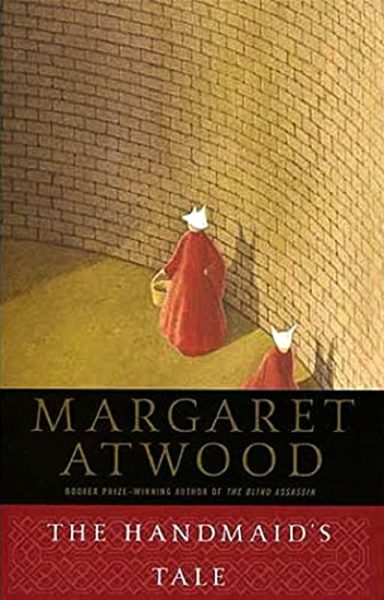
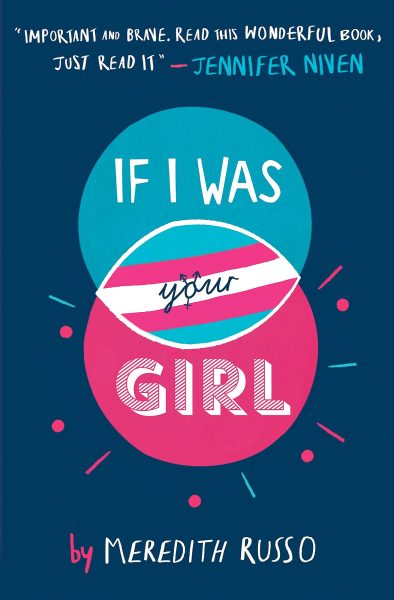
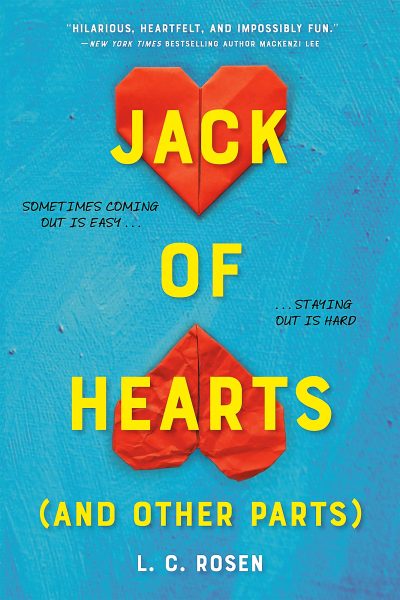
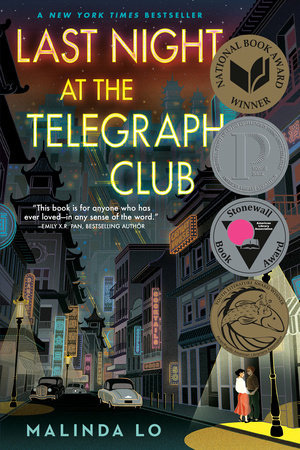
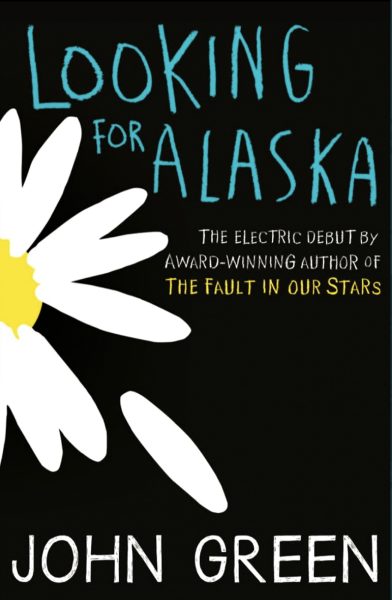
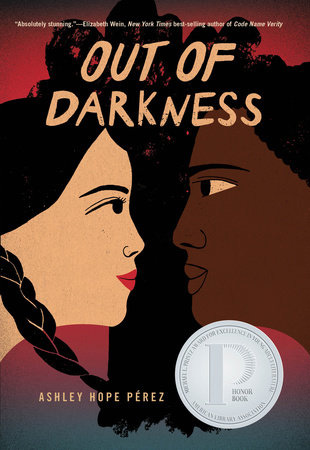
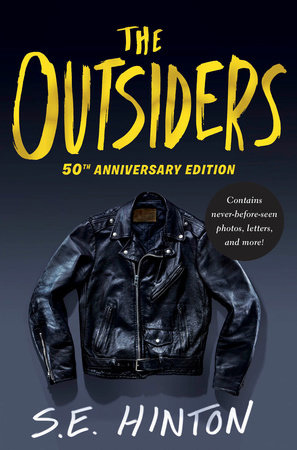
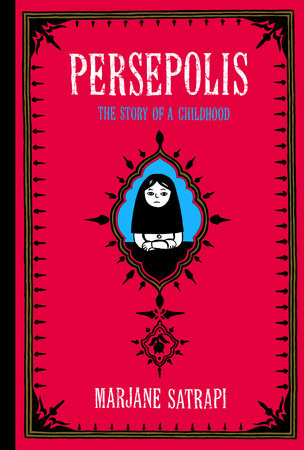
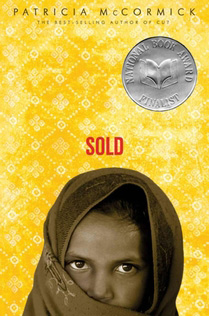
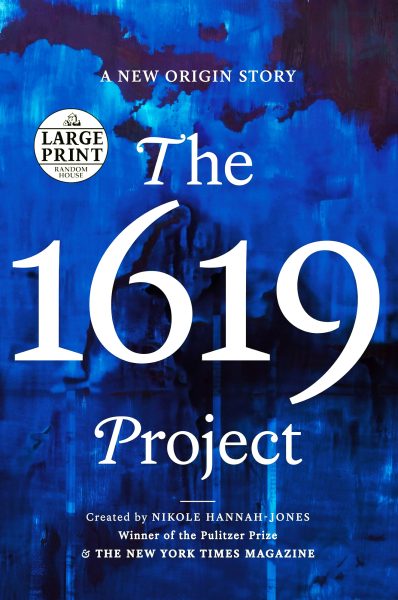
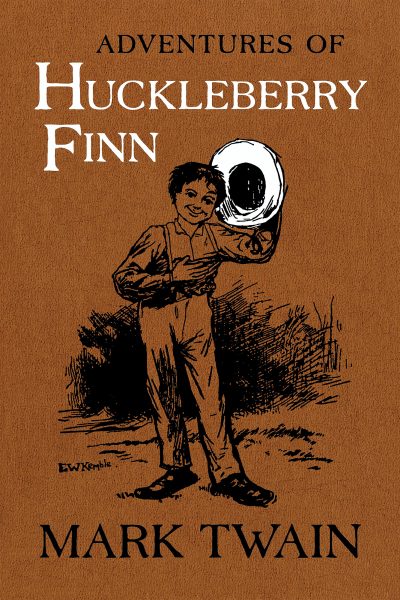
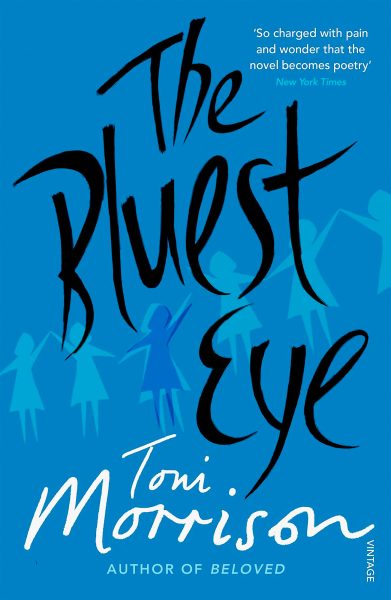
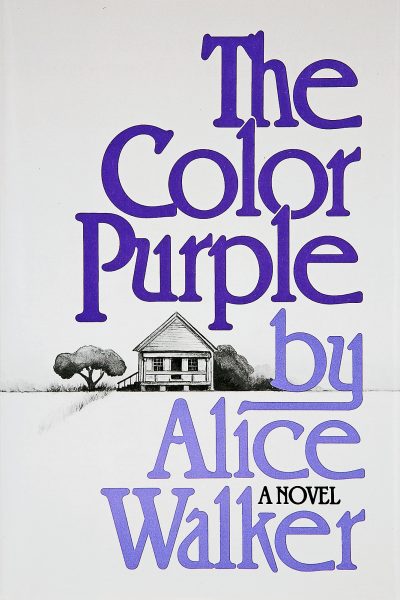
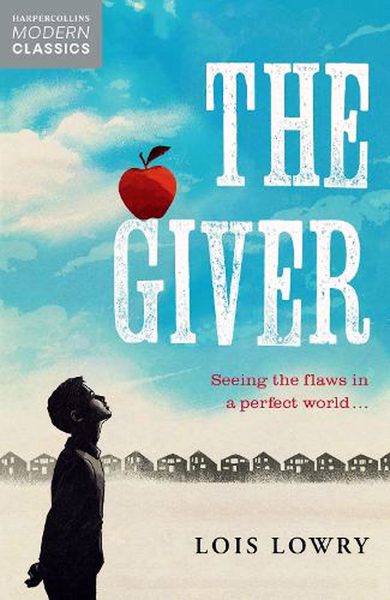
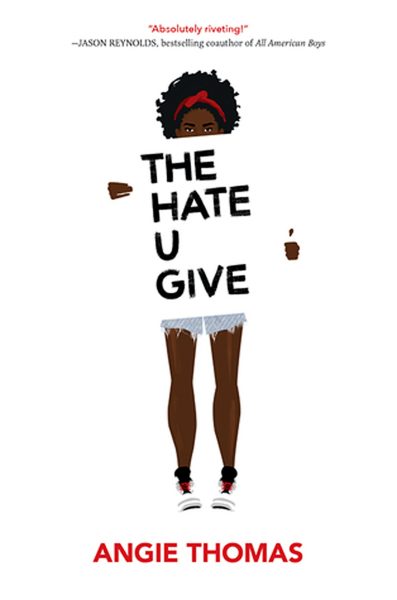
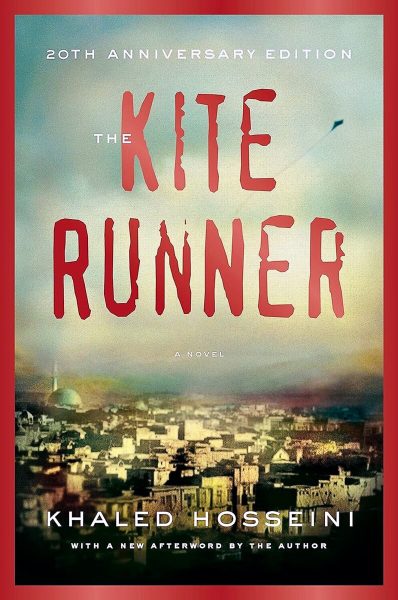
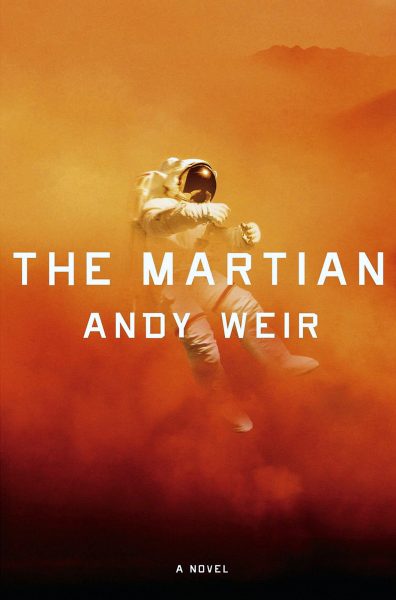
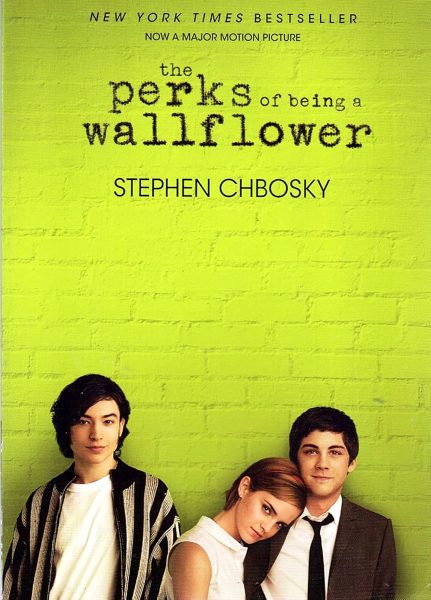

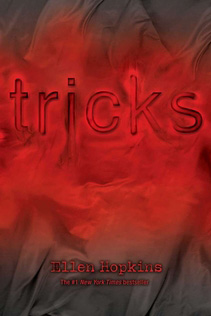
If you would like to learn more about banned books, you can do so here:
